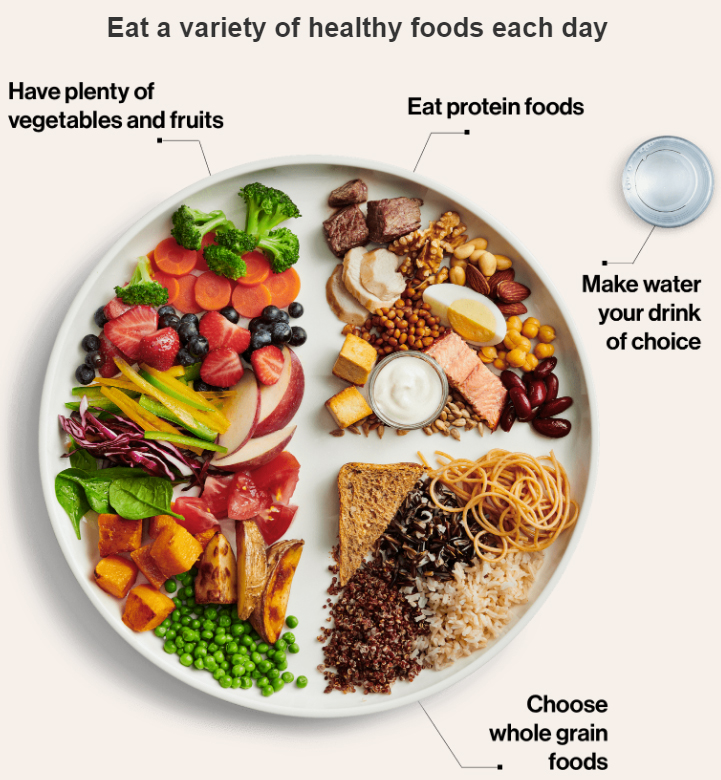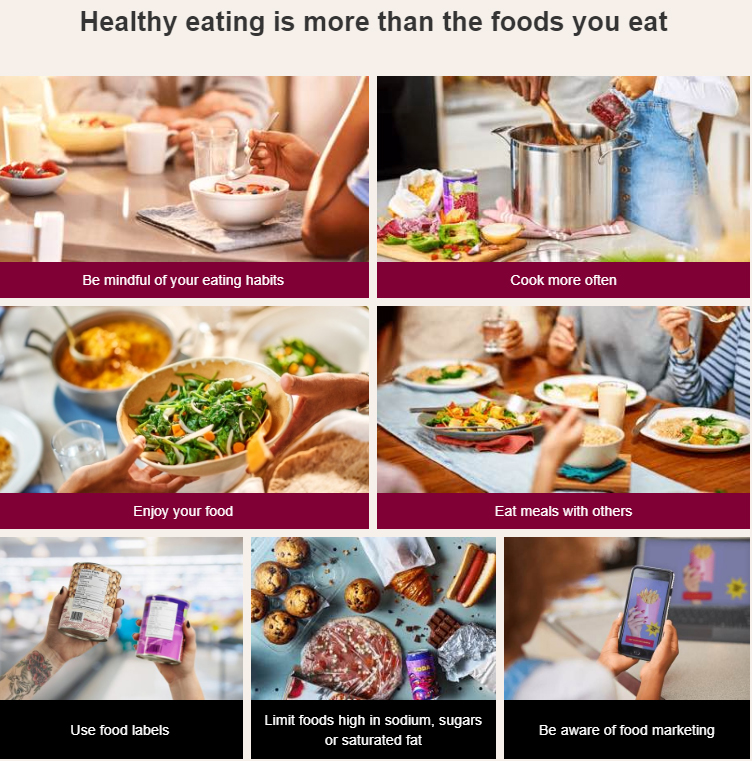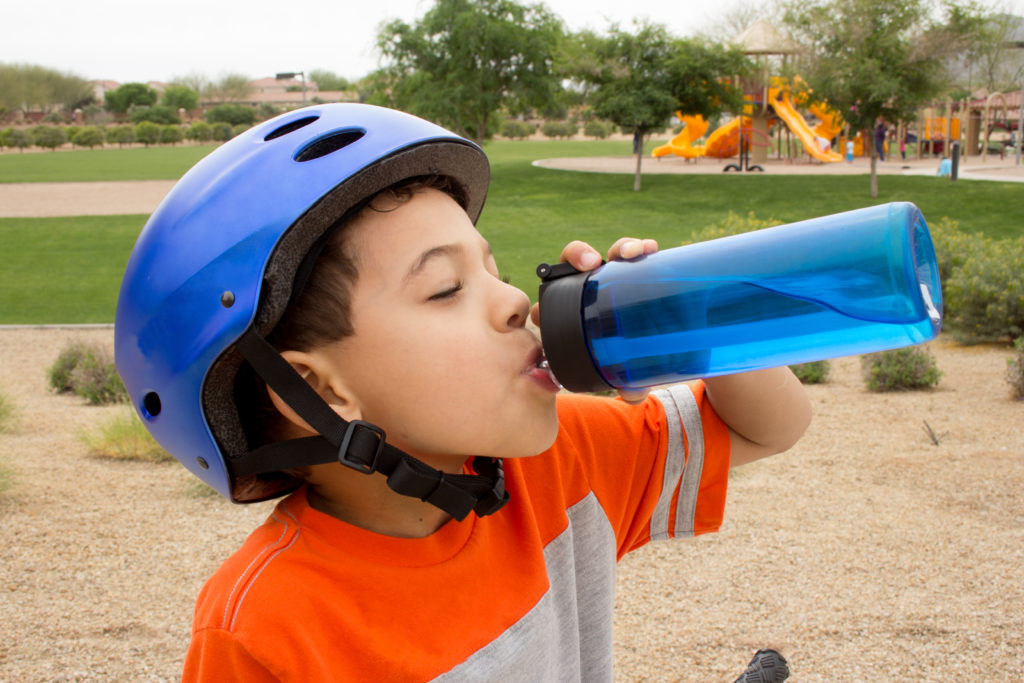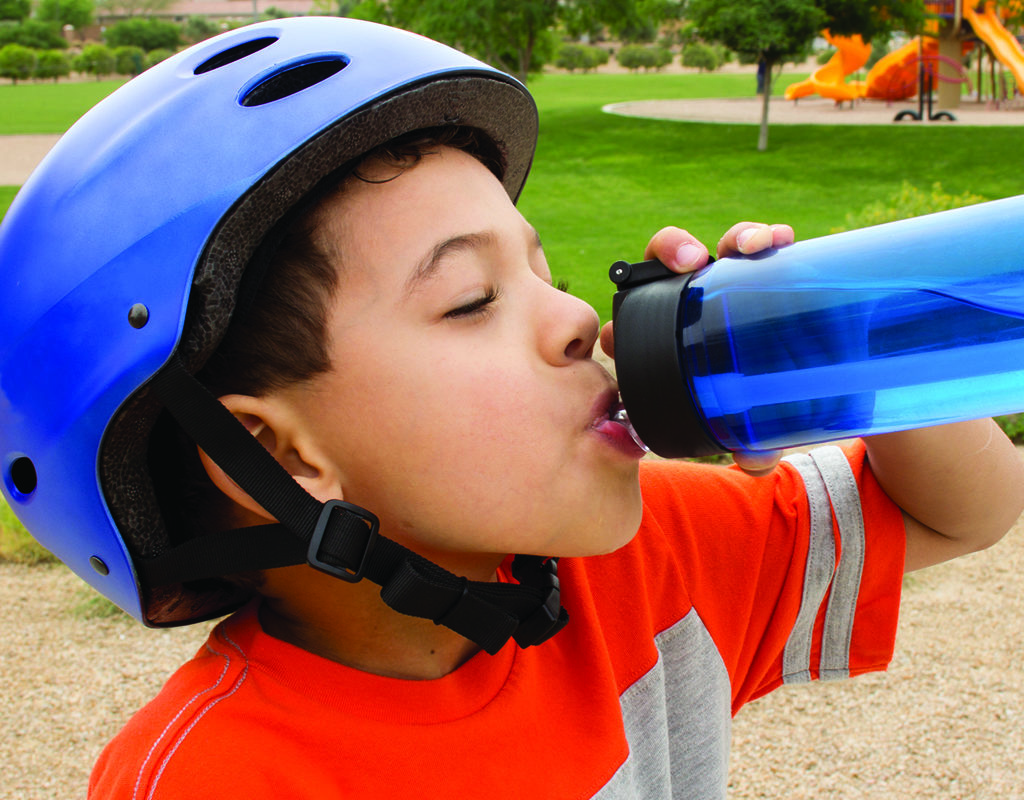By Carol Harrison, RD
Summer is here, and fueling up sporty kids to help them feel and perform their best is now easier with this resource: Fuel up for Fun. Designed for parents and coaches of kids 6 to 15 years of age, this resource fills a gap I noticed while raising my three sporty kids: what should I feed them, and how do I do that and still make it to practice on time! Parents and coaches who reviewed the resource agreed it addresses their top sports nutrition questions, and it is jammed with practical how-to tips. It’s now updated to include references to Health Canada’s new food guide, and multiple copies of this resource can be ordered at no charge.

Three key take-aways to share with parents and coaches:
1.Back to Basics: replace ultra-processed food with nutrient-rich wholesome food
It can be easy to feel overwhelmed by the plethora of nutritional advice, but consider this: amongst Canadian kids’ ages 9 to 13 years of age, 57% of their calories come from calorie-rich, nutrient-poor, ultra-processed food like frozen pizza, french fries, sweetened cereals, candy, salty snacks and pop. Given that the number one nutritional priority for most families will be to help kids fill up on nutrient-rich, wholesome foundational foods, Health Canada’s new “Eat Well Plate” is a great place to start.
TIP: What to offer before, during and after physical activity, how to handle challenges like practices over the dinner hour, and how to handle treats and more are all covered in “Fuel up For Fun.”
Good to know: The nutritional value of foods represented in the protein group varies widely with omega-3s from fatty fish, iron from beef, calcium from dairy, choline from eggs, and fiber from beans and lentils. That old wisdom about eating a variety of wholesome foods still holds true, especially for the protein group.

2.Hydration Basics: Water is still king
Getting enough water helps kids to feel energized during workouts, and to avoid cramps as well. Because thirst is not a reliable sign of dehydration, kids need reminders to drink before, during and after physical activity. Kids may not realize it, but they continue to lose fluids or dehydrate even after games and practices.

TIP: Wondering about hydrating with juice, sports drinks and energy drinks? That’s all covered in “Fuel up for Fun”, including a recipe to make your own sports drink.
Good to know: Kids will drink more water when it’s flavoured. Try adding mint, orange or lemon slices to water.
3.Plan ahead to work smarter, not longer in the kitchen
For most of us, time is the biggest barrier to helping our active kids get the good nutrition they need. Try to get ahead by doing some meal prep on Sundays:
- Hard cook eggs, chop up cubes of cheese, fruit and veggies or make muffin-tin frittatas for breakfast on the go.
- Make containers of dried fruit, nuts and whole grain cereal for a portable and energizing snack after practices and games.
- Pan fry some ground beef with diced bell peppers and onions then add in a can of rinsed kidney beans. Use that as a base for a head start on a weeknight dinner of tacos, pasta with meat sauce or grab-and-go burritos.
TIP: Eat well during “away” tournaments. Pack up a cooler, book a hotel room with a fridge and organize family potluck suppers. For times when teams do eat out, “Fuel up for Fun” offers lots of tips for making better-for-you choices.
Good to know: Kids can get enough protein from food, and do not need to rely on protein supplements which are costly, highly processed and don’t offer the same nutritional benefits as whole foods. Animal foods like meat, fish, cheese and poultry are richer in protein than plant options like beans and nuts, but for optimal nutrition it’s good to include a variety of both animal and plant-based proteins.



